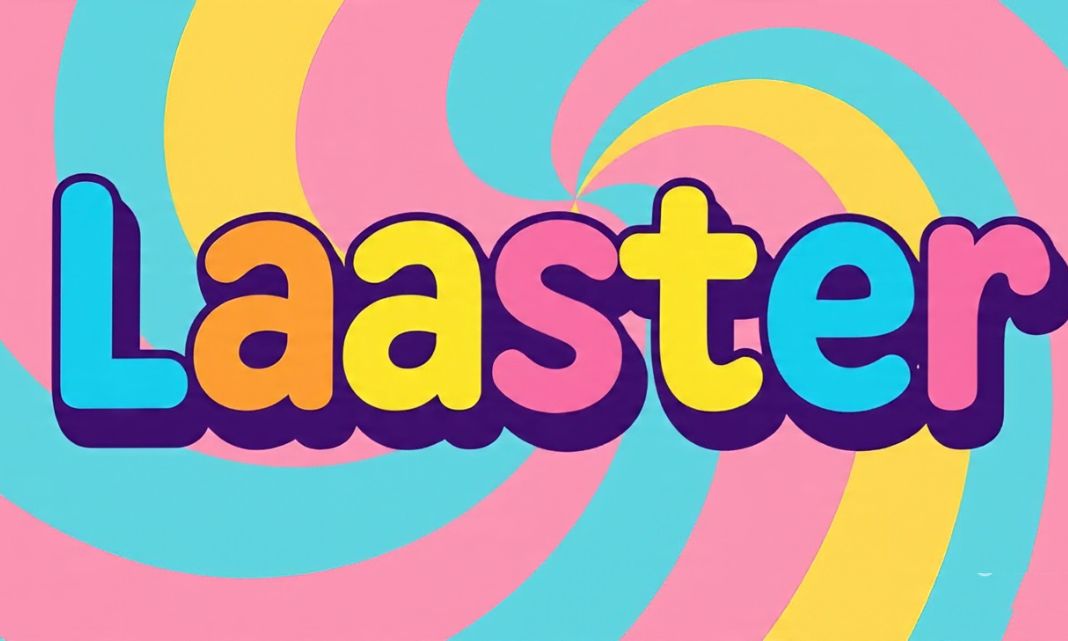Let’s do something very important that happens a lot – in school, online and even among adults. This is called Laaster.
It is not a toy or technical equipment.
This is a word that describes a hurt action. It happens when someone says mean or false things about another person to harm their reputation.
Let’s understand Laaster in a very simple way – as if we are talking at the age of 10.
What is Laaster?
Laaster means talking badly about someone when they are not around.
It often consists of:
- Lies
- Mean comments
- Sharing secrets that were not meant to be shared
It’s like:
- Saying someone cheated when they didn’t
- Telling lies that break friendships
- Sharing secrets just to make someone look bad
These are all Laaster.
It is a type of gossip, but worse—because it’s meant to hurt someone on purpose.
Main Parts of Laaster
To understand Laaster, let’s see what usually happens:
1. Talk Without Knowing
The person being talked about doesn’t know or can’t defend themselves.
2. Mean or False Info
The things being said are lies or said just to hurt—even if they are true.
3. Harm
The goal is to turn people against someone or ruin their image.
Real-Life Examples of Laaster
Here are some simple examples you may see:
In School:
Someone says, “Don’t play with Sara. She lies all the time.”
Even if it’s not true, others may stop playing with Sara.
Online:
Someone posts a fake screenshot and says, “Look what Josh said about you!”
It causes a fight.
In a Group:
A group of kids tells a new student that another kid is “weird” or “not nice,” even if they’ve never met them.
These are all examples of Laaster.
Why Do People Do Laaster?
Sometimes people do it because of:
- Jealousy
- Wanting attention
- Trying to fit in with a group
- Feeling angry or left out
But Laaster is never okay, even if someone is upset.
How Does Laaster Hurt People?
Laaster does more than hurt feelings.
It can break friendships, trust, and even affect someone’s mental health.
Here’s How It Hurts:
- Breaks friendships – People stop trusting each other
- Makes people feel alone – The person targeted may be left out
- Causes anxiety or sadness – Hurtful words stay in people’s minds
- Spreads drama – Others may join in, making it worse
It’s like throwing mud on someone’s clean clothes.
Even if you say sorry later, the stain may still be there.
How Has Laaster Changed Over Time?
Long ago, Laaster happened in whispers or behind closed doors.
Now, with the internet, it happens everywhere—and fast.
Then vs. Now:
| Then | Now |
|---|---|
| School whisper | Social media posts |
| Talking during lunch | Screenshots and viral gossip |
| Only a few heard it | Hundreds can see it in seconds |
Now, Laaster spreads fast and wide. That makes it even more harmful.
How to Stop Laaster?
You don’t need a superpower to stop Laaster. Here are simple things anyone can do:
1. Don’t Repeat It
If someone tells you gossip or a lie—don’t share it.
2. Speak Up
Say, “That’s not nice,” or “I don’t think that’s true.”
3. Tell a Trusted Adult
Talk to a parent, teacher, or counselor if someone is being hurt.
4. Be a Friend
Say kind things to the person being targeted. Include them in games or groups.
5. Think Before You Post
Ask yourself:
- Is it true?
- Is it kind?
- Is it needed?
If not—don’t post it.
Why Is It Important to Understand Laaster?
We live in a world where information travels fast.
Understanding Laaster helps us make better choices.
When we understand Laaster:
- We treat people better
- We stop gossip from spreading
- We become part of the solution, not the problem
Quick Recap: What Is Laaster?
| What It Looks Like | Meaning |
|---|---|
| Talking behind someone’s back | Saying mean things about someone |
| Telling lies | Trying to ruin someone’s image |
| Sharing secrets | Without permission |
| Posting false stuff online | In messages or social media |
Questions About Laaster
1. What does the word “Laaster” mean?
Laaster means slander or gossip meant to hurt someone’s reputation. It usually happens behind their back.
2. Is Laaster only done by kids?
No. Laaster can be done by anyone – kids, teens, or adults. But anyone can stop it.
3. What’s the difference between gossip and Laaster?
Gossip can be harmless news. Laaster is meant to hurt, which makes it worse.
4. Can Laaster happen online?
Yes! Digital Laaster includes lies, fake photos, or mean posts on social media or chats.
5. What if I did Laaster by accident?
If you said something hurtful:
- Say sorry
- Don’t do it again
- Learn and be more careful next time
Final Thoughts
Laaster is like poison – it spreads fast and hurts many people. But here’s the good news: You have the power to stop it.
- Don’t spread it
- Don’t believe it without proof
- Stand up for others
- Be kind—online and offline
Understanding Laaster helps make your school, your home, and your online world a kinder, safer place.
So the next time someone whispers something bad—you’ll know what it is, and how to stop it.

